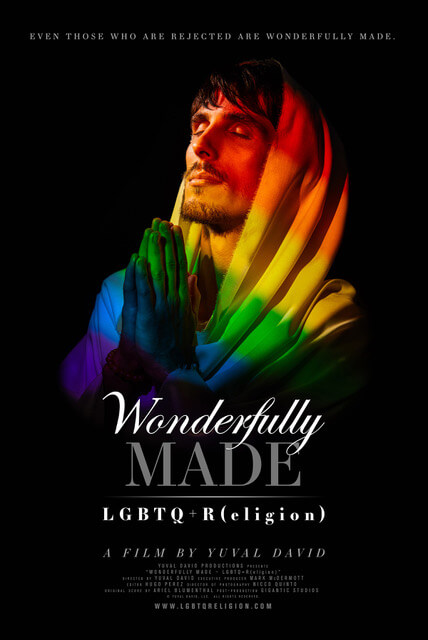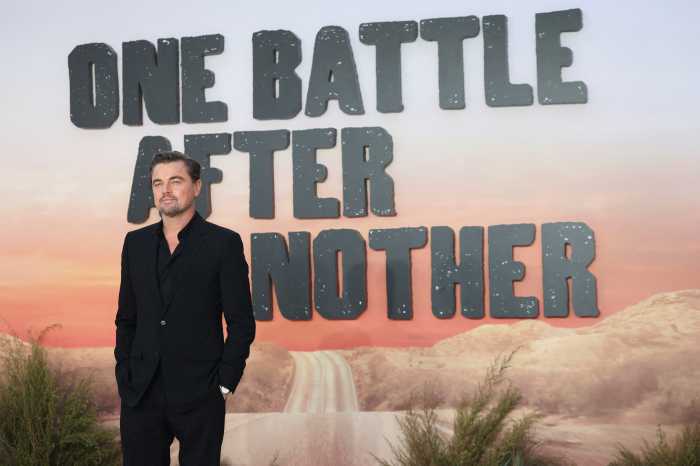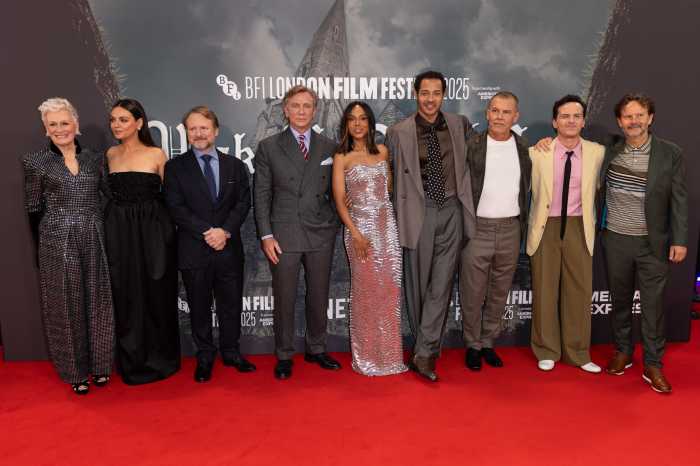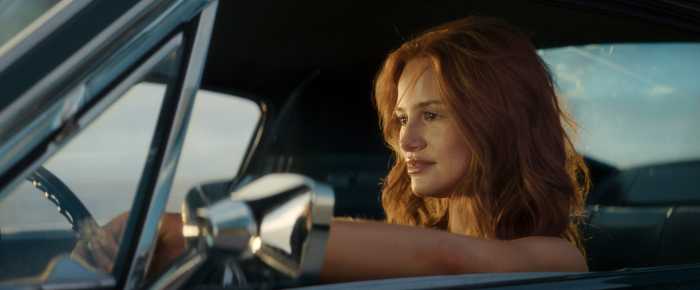Metro spoke with David to hear more about his documentary, which is being held closely under wraps.
This is such as serious and polarizing subject, what led you to explore it in documentary form?
As an artistic and creative person, it is exciting for me to make people seen through art. I myself am Jewish but my husband is Catholic, and he expressed to me feelings of there not necessarily being a place for him in the same way as their was a place for straight people. Through conversations with him and through a photo art project I was doing simultaneously, I realized this rejection was a significant gap in the fullness of his life.
When you began to approach and research the topic, what were your first findings?
I realized that so many Catholics were feeling alone. And my character and activism have led me to be pursue things vigorously: I’m the person who wants to make everybody accepted, feel included, feel loved, and cherished and I felt I could help people feel seem and create something they could share. And through interviews I found kindred spirits such as Marianne Duddy-Burke who is Executive Director of DignityUSA, which aims for LGBTQ+ Catholics dignified access to the church.
This film is meant to present and enhance the conversation about these issues, and make people feel seen, which is why we also included Stanley JR Zerowski, the Executive Director of Fortunate Families, which creates safe spaces and ministry sites within the institutional Church so LGBTQ+ peoples—especially LGBTQ+ youth can be treated with respect, sensitivity and compassion while being celebrated and cherished.
How does this relate to your emphasis on the importance of discourse?
I think the beauty of art is when you create something, you’re not just creating it for yourself, you’re creating it for somebody else. And then they kind of take ownership of that. They experience the art. Recognition of this rejection through my photo art project organically turned into the idea of reimagining Jesus as a member of or supporter of the LGBTQ+ community.
I know that there are some Catholic churches that are open tot LGBTQ+ members. Did you get to speak to any priests who were open-minded?
Yes. We have a number of interviews, such as with Father James Martin who has written a great deal about how and why the Catholic Church can welcome members of the LGBTQ+ community, and has released one book on the topic “Building a Bridge.” He describes how this inclusivity can be healing, and even life changing, sometimes making people believe in God again after this feeling of being shunned.
We also speak with Bryan Massingale, who is the only openly Black, gay priest in the world and who is fighting tirelessly for inclusivity, and even gives lectures at Fordham University on racial justice and sexuality.
We also interview heroic nuns such as Sister Jeannine Gramick, a formidable advocate who has been ministering to LGBTQ+ people since 1977, despite a directive from the Vatican in 1991 to stop. Hierarchical requests did not deter her as a true woman of faith who says in our film “I had a conviction that God was still calling me to be a voice for the voiceless.”
What makes your documentary essential viewing?
The LGBTQ+ community happens to be the most diverse community in the world. Why is that? It’s because we’re part of every community in the world, we exist in every culture and yet we’re still struggling to be seen, recognized and accepted.
Yuval David’s documentary “Wonderfully Made” will be released on a soon-to-be announced date in early-2021. For more information on the documentary, visit LGBTQReligion.com, or follow on social media @WonderfullyMadeLGBTQRelion and @LBBT+R on Facebook; @wonderfullymademovie and @LGBTQReligion on Instagram; and @Wonderfullt_Made on Twitter.

























